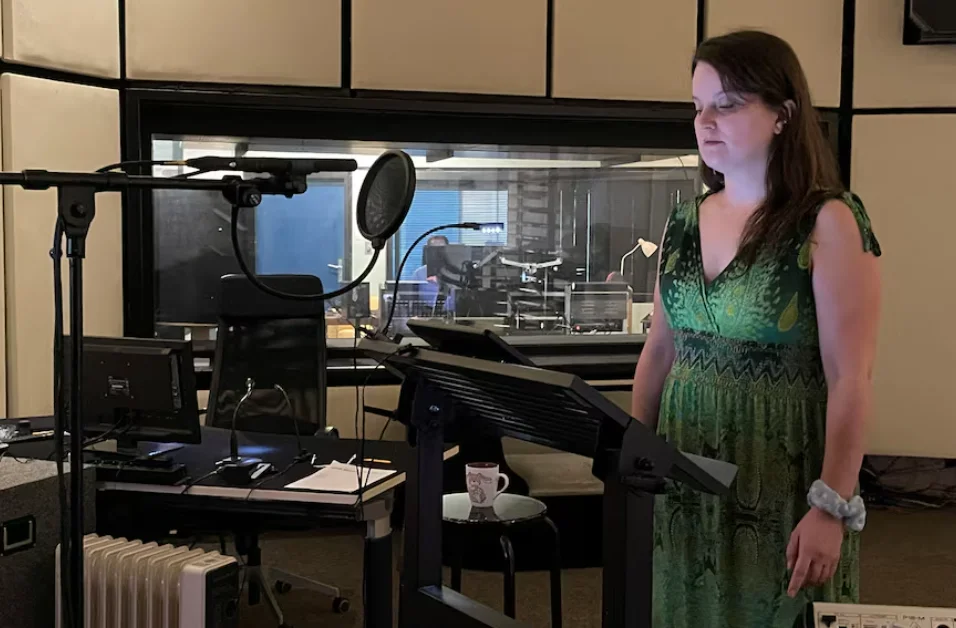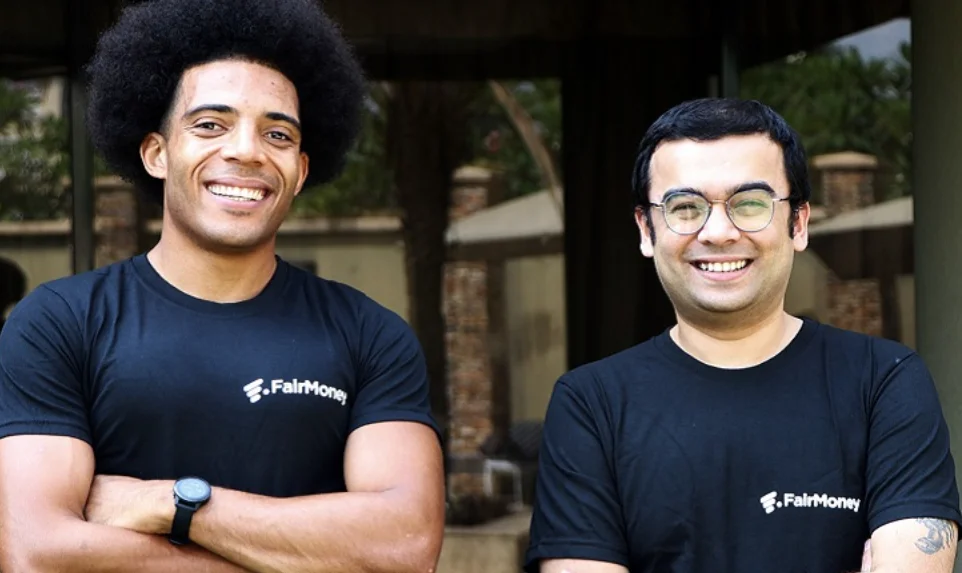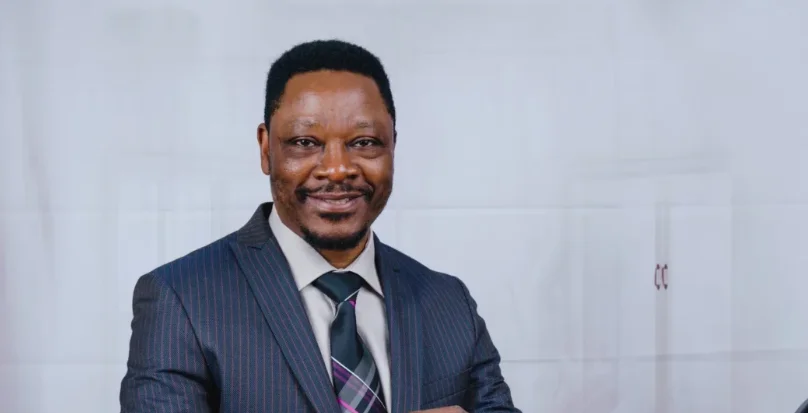Voice Actors Fight Back Against AI Threat to Global Dubbing Industry
Voice actors across Europe are raising concerns over the growing use of artificial intelligence (AI) in the dubbing industry, warning that it could threaten jobs, diminish quality, and exploit artists’ past performances. Leading the charge is Boris Rehlinger, the French voice behind Ben Affleck, Joaquin Phoenix, and Puss in Boots, who has joined the TouchePasMaVF initiative to protect human-created dubbing. “I feel threatened even though my voice hasn’t been replaced by AI yet,” Rehlinger said
Rehlinger emphasised that dubbing is a collaborative craft involving not only actors but also translators, dialogue adapters, sound engineers, and production directors — all working to ensure audiences experience seamless, high-quality voice performances.
AI in Dubbing Gains Ground Amid Streaming Boom
The surge in popularity of global streaming platforms such as Netflix, Amazon Prime, and Disney+ has increased the demand for dubbed content. Shows like Squid Game and Lupin have drawn global audiences who often prefer dubbing over subtitles. According to GWI research, 43% of viewers in Germany, France, Italy, and the UK opt for dubbed versions.
The global dubbing market is expected to grow from $4.3 billion in 2025 to $7.6 billion by 2033, according to Business Research Insights. This growth has opened doors for AI-powered dubbing solutions, which promise lower costs and faster turnaround for content providers looking to scale globally.
Voice Artists Call for EU Regulation Amid AI Advancements
As AI-generated voice technology becomes more sophisticated, voice actors’ unions and industry associations are pushing for European Union legislation to safeguard their work and limit how AI is applied in dubbing.
“We need legislation: Just as after the car replaced the horse-drawn carriage, we need a highway code,” Rehlinger said.
Concerns extend beyond employment to the unauthorised use of archived voice performances, which AI can mimic without consent, a potential copyright and ethical minefield.
Hollywood and Global Studios Embrace Generative AI
Generative AI (GenAI) has already become a part of film and TV production. Netflix, for example, used GenAI to produce visual effects in its new series El Eternauta and is also experimenting with AI-powered lip sync technology to match dubbed audio with on-screen actors’ mouth movements.
However, sources confirm that even in these AI-aided projects, human voice actors are still being used to perform the dialogue, rather than relying solely on synthetic voices.
Under the new SAG-AFTRA union contract, AI dubbing is allowed only if actors are fairly compensated, particularly when dubbing foreign-language content into English.
Industry at a Crossroads: Human Talent vs. AI Efficiency
The debate around AI in dubbing highlights a broader tension between artistic integrity and technological efficiency. While AI may help streamline localisation, professionals argue it cannot replicate the emotional nuance and cultural sensitivity that human actors bring to voice work.
Rehlinger and other advocates stress that dubbing is not merely voice replication — it’s storytelling, requiring tone, rhythm, and emotional authenticity. As studios look for cost-effective solutions, the industry faces the challenge of protecting creativity and employment in the AI era.












